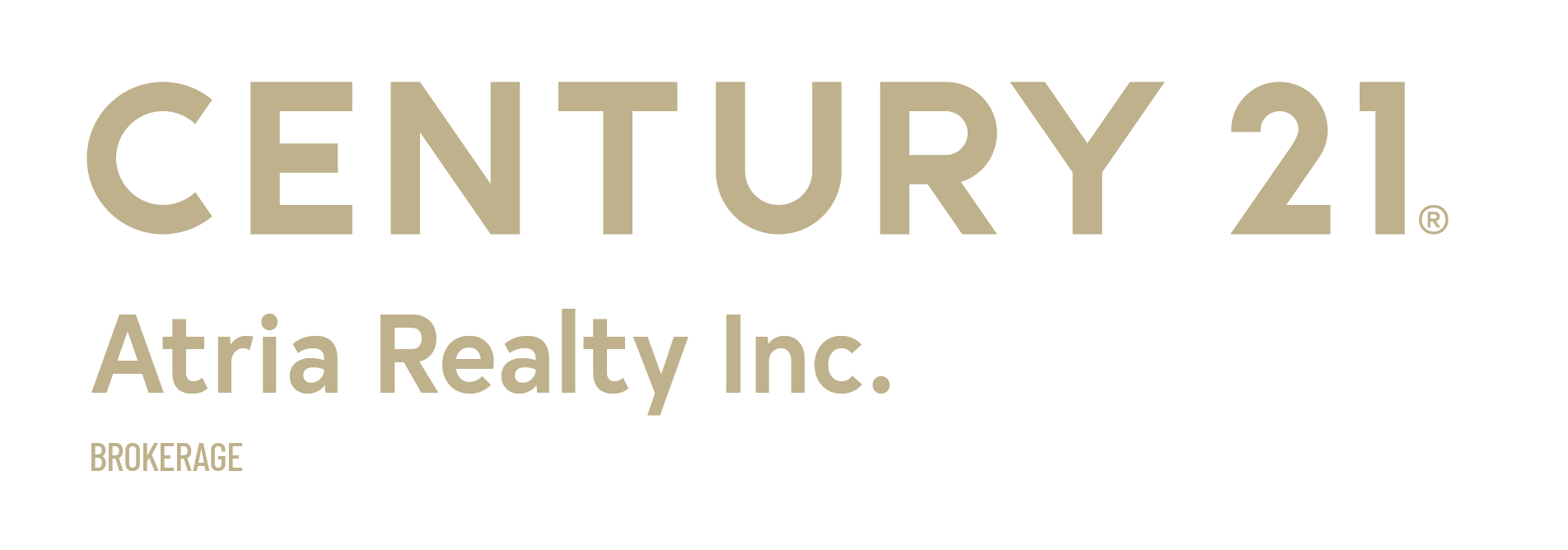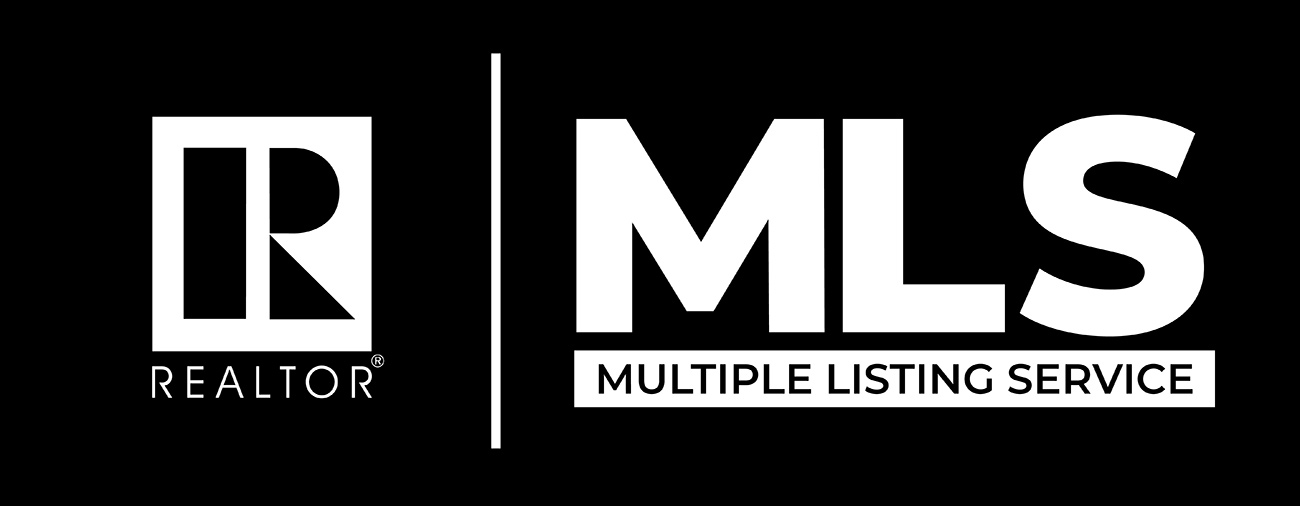🏡 The Backyard Advantage: Why Outdoor Space Can Make or Break a Deal
In today’s market, outdoor living space is no longer just a “bonus”—it’s high on the must-have list for many buyers. A great backyard adds living space, comfort, and future potential… without needing to knock down walls.
Whether it’s for kids, pets, parties, or quiet mornings with coffee, buyers want a yard that fits their life. And sellers? You’d be surprised how small changes can showcase your outdoor space’s best side.
🌳 Why Backyards Matter
Backyards are about lifestyle. They’re flexible and personal, and with more people working remotely or entertaining at home, the outdoors is becoming an extension of the living room.
Common buyer dreams include:
-
Hosting summer BBQs
-
Gardening or growing vegetables
-
Having a safe space for kids to play
-
Room for a future deck, hot tub, or firepit
Even small or narrow yards can impress if they’re well presented.
🛠️ For Sellers: Stage It Like a Room
Yes—stage your backyard. Define areas with furniture, planters, or outdoor rugs.
-
Add soft lighting (like string lights or lanterns)
-
Keep the grass cut and clutter away
-
Set up a simple table and chairs to suggest “this is where we relax”
Even buyers who aren’t big on gardening want to see how the space could be used.
👓 For Buyers: Think Long-Term
What you see now is important—but think about how the space will grow with you.
Is it sunny enough for plants? Is there room for a shed? Does it feel private?
A yard doesn’t have to be perfect—it just has to have potential.
💬 Cathy’s Tip
“When I walk through a home with buyers, I always ask them to picture a moment outside—whether it’s with kids, friends, or just themselves with a book. If they can imagine it, they’ll remember the home.”
Want to add value to your listing—or find a home with room to grow into? Let’s talk backyard potential and lifestyle-driven selling.
Cathy | Real Estate Salesperson
📲 Direct: 647-463-8810 📧 Email: cathy.tse@century21.ca
Instagram – Facebook – Linktree – Subscribe for News – Blog – WhatsApp

 Facebook
Facebook
 X
X
 Pinterest
Pinterest
 Copy Link
Copy Link















